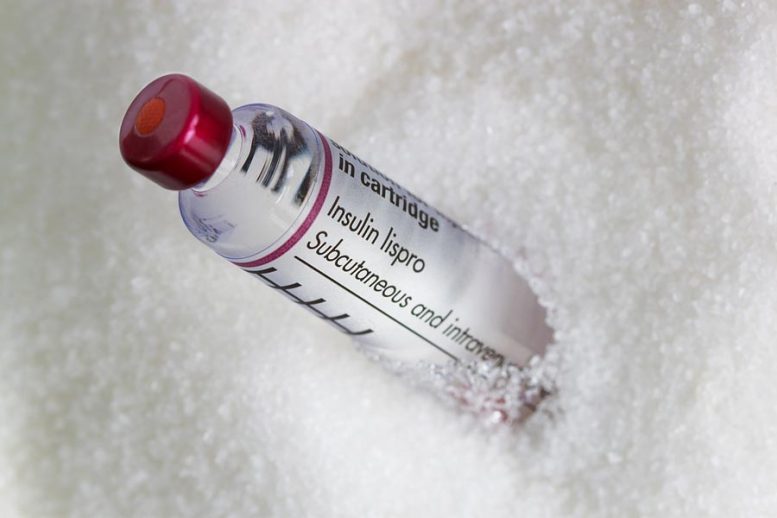
Around one in twenty people in Scotland diagnosed with type 2 diabetes achieve remission from the disease, according to research publishing today (November 2nd, 2021) in the open-access journal PLOS Medicine. This suggests people are achieving remission outside of research trials and without bariatric surgery. Recognizing individuals in remission, following their progress, and better understanding the factors involved in remission could lead to improved initiatives to help others.
There were an estimated 463 million people with diabetes in the world in 2019, of whom 90-95% have type 2 diabetes, and these numbers are rising due to aging populations, growing obesity, and sedentary lifestyles. Some people with type 2 diabetes have achieved remission after bariatric surgery, or after taking part in a research trial of a very low-calorie diet, but it is unknown how many people in the general population are in remission. Using a national register of people with type 2 diabetes in Scotland, Mireille Captieux at the University of Edinburgh and colleagues estimated how many people were in remission in 2019 and described the characteristics of those in remission and not in remission.
Of 162,316 patients aged over 30 years who were eligible for the analysis, 7,710 — around 5% — were in remission in 2019. Individuals in remission tend to have not previously taken glucose-lowering medication; have lost weight since their diagnosis; be older; have lower blood sugar levels at diagnosis; or have had bariatric surgery. Understanding how many individuals are in remission, as well as their characteristics, creates a baseline against which to evaluate future initiatives and studies. It could also help clinicians identify patients with whom to discuss remission and weight management options.
Captieux adds, “We have been able to show, for the first time, that 1 in 20 people in Scotland with type 2 diabetes achieve remission. This is higher than expected and indicates a need for updated guidelines to support clinicians in recognizing and supporting these individuals.”
Reference: “Epidemiology of type 2 diabetes remission in Scotland in 2019: A cross-sectional population-based study” by Mireille Captieux, Kelly Fleetwood, Brian Kennon, Naveed Sattar, Robert Lindsay, Bruce Guthrie and Sarah H. Wild, on behalf of the Scottish Diabetes Research Network Epidemiology Group, 2 November 2021, PLOS Medicine.
DOI: 10.1371/journal.pmed.1003828
Funding: MC was funded by Chief Scientist Office CAF 18/12. The funders had no role in the study design, data collection, analysis, decision to publish, or preparation of the manuscript.
Never miss a breakthrough: Join the SciTechDaily newsletter.
1 Comment
The big fat lie pushed by the pharmaceutical companies is that type 2 diabetes is a progressive disease. After some fasting, keto/ carnivore diet and one meal a day (OMAD) it is in remission.